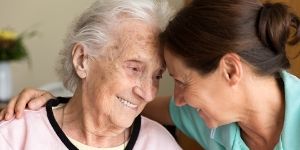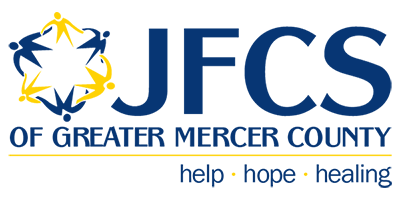A recent article from AARP* told the story of a 70 year old woman, who had a medical emergency while out of town. According to the article, it required an “array of often-confusing calls and wide outreach to friends and neighbors that left her feeling vulnerable and terrified.” The article continues by outlining important steps to take if this should happen to you.
It is very helpful advice if you are physically and mentally capable of advocating for yourself, or if you have a concerns about an aging loved one who wants to remain in their home. Whether or not you are, the Secure@Home program can be an invaluable resource. Secure@Home is an aging-in-place program staffed by clinical social workers/geriatric care managers.

We have received calls from people who are traveling and find themselves in a hospital. Sometimes their travel buddy or spouse calls us to find out what medications they are taking. And of course, when you are home, we will step in and manage your care locally. One of the AARP article recommendations was to “find a geriatric care manager” – and here we are!
Andrea Gaynor, LCSW Geriatric Care Manager


